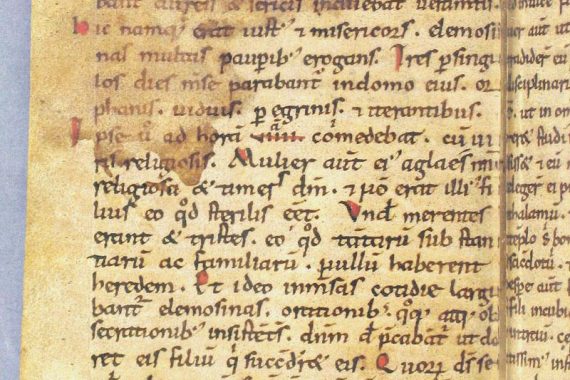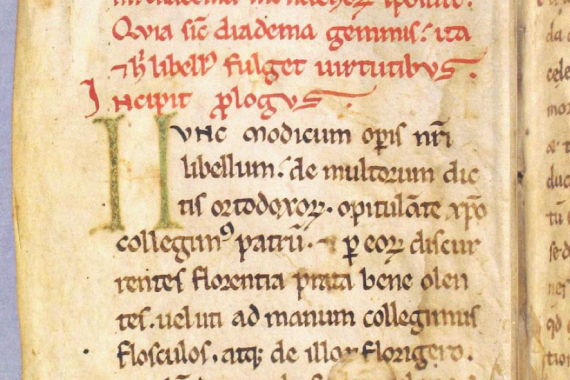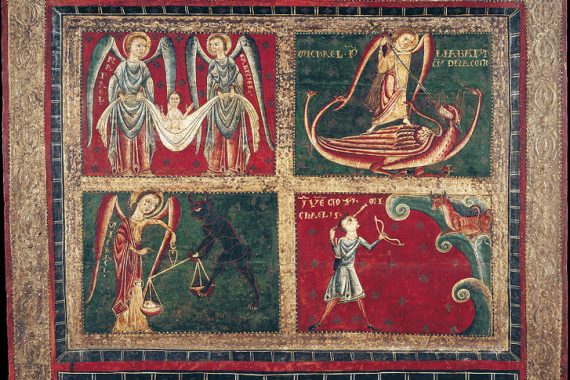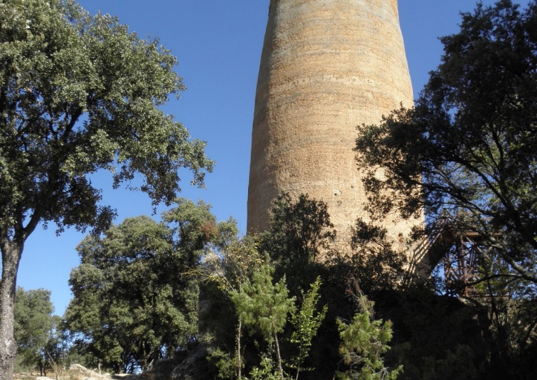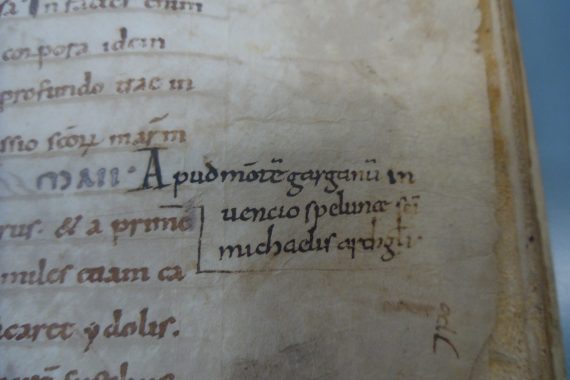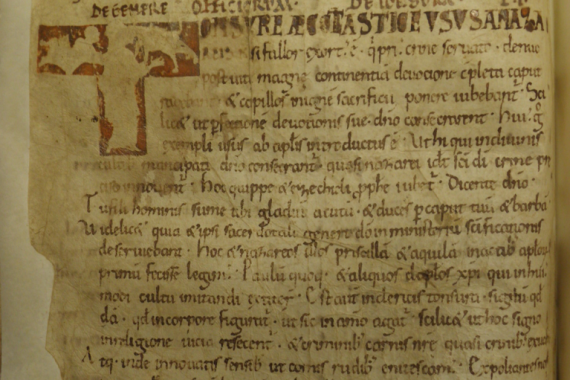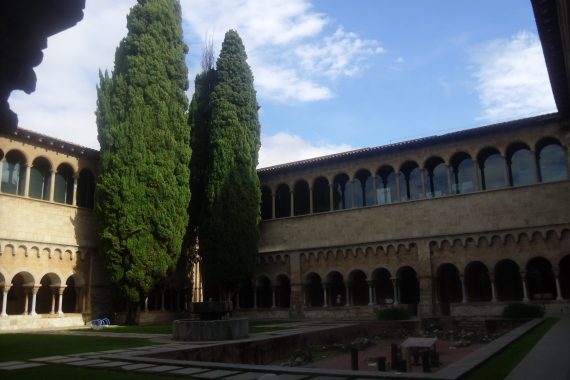The cult of St Alexius: a new veneration of an old saint and Italian influence in the Catalan region
Although this fourth-century saint had become popular very early among the eastern Christians, in Western Europe St Alexius was the recipient of a wave of devotion only in the ninth and tenth century. From the ninth century onwards, different versions of his life spread in diverse religious communities from Spain to England. Around 1040 his…

